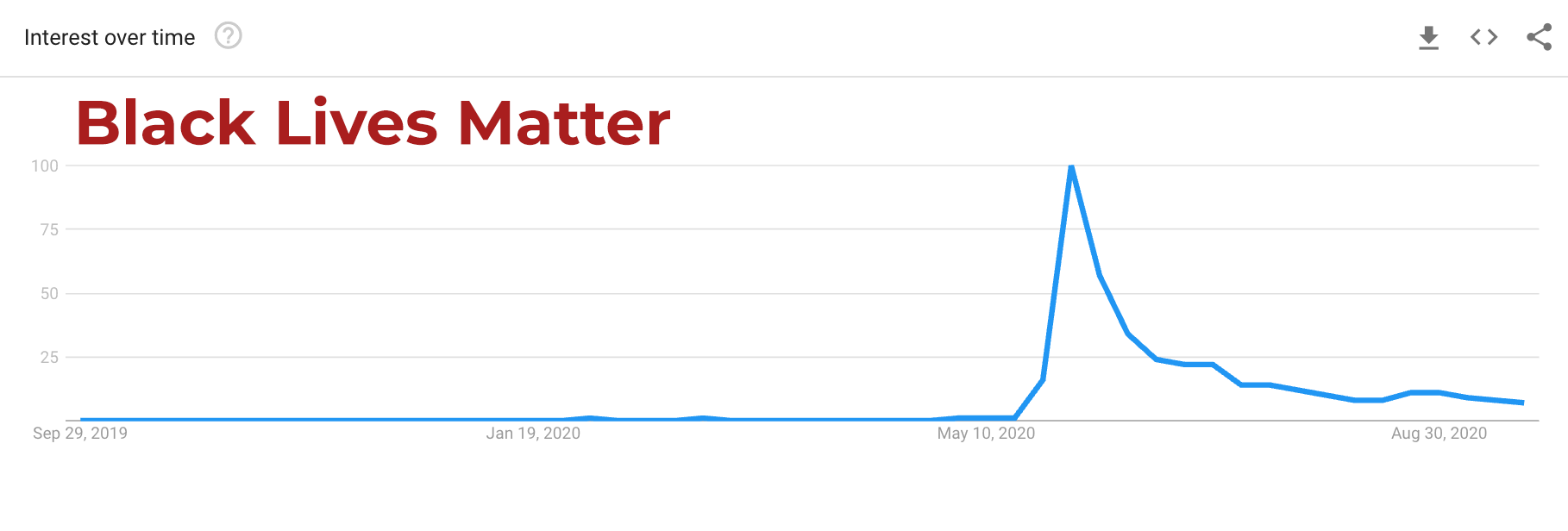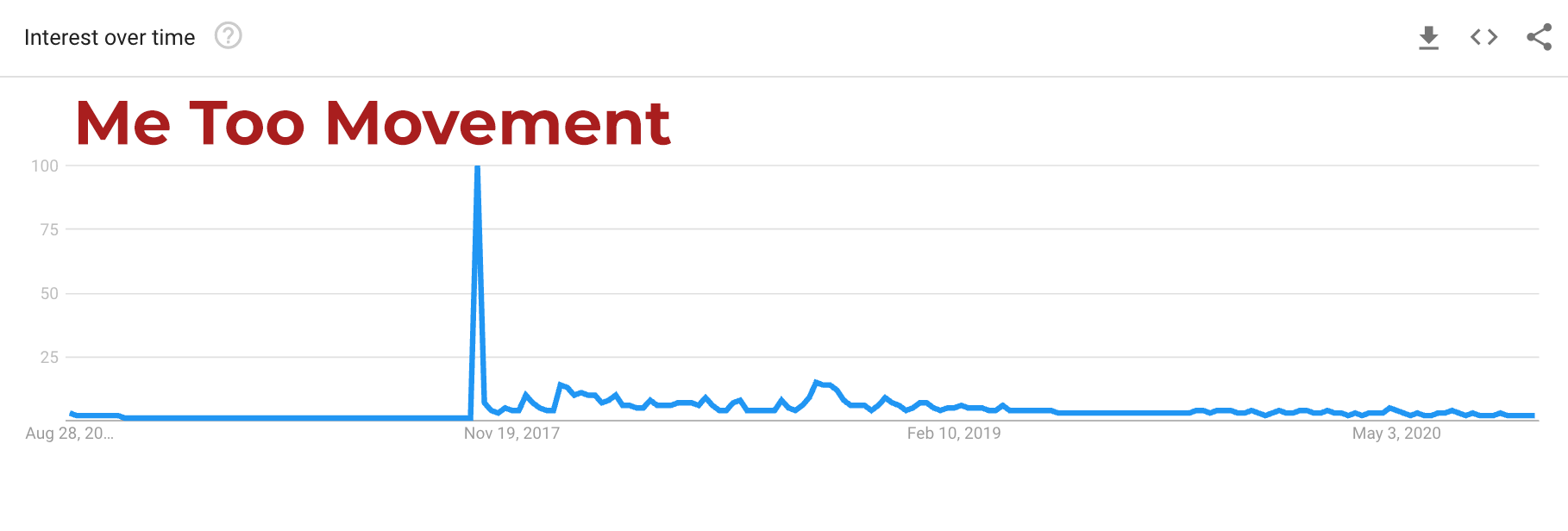The Role of CSR In Corporate Reputation and Perception
CSR stands for Corporate Social Responsibility. CSR is a term used to describe socially beneficial activities performed by businesses. Corporate Social Responsibility can take the form of philanthropy, activism, charitable giving, or volunteering. CSR Return on Investment (ROI) is often intangible, as is the case when tuning a CSR initiative to improve corporate online reputation.
One aspect of CSR is ESG. ESG stands for environmental, social, and governance (ESG). Some third-party companies like Bloomberg, Moody’s, and Thompson Reuters attempt to measure ESG scores. There is no standard way of scoring ESG though; they’re mainly guides for investors who use such standards while investing.
A large number of companies include CSR as part of their brand-building strategy. For example, Reputation X clients have asked whether making a donation to causes like Black Lives Matter or the NAACP would benefit their brand perception. While donations to positive popular causes are almost always helpful, this type of one-off Corporate Social Responsibility is considered shallow and self-serving by some and a necessary evil by others in an effort to avoid being publicly shamed by activists. Vivek Ramaswamy, the author of “Woke, Inc., Inside Corporate America’s Social Justice Scam”, warns against corporations getting involved with environmental, social, or governmental issues.
Aggressive demand for ROI can make CSR seem like PR.
Many companies insist (internally) that CSR initiatives show ROI with the right audience. The issue with demanding ROI for Corporate Social Responsibility initiatives is that it can smell like astroturfing to some extent. Astroturfing can be described as a “fake grassroots movement”.
Companies are under pressure to both support charitable initiatives and to appear to do so with humility and even understatement. Aggressive demand for ROI can make CSR seem like PR.
But CSR ROI need not be so overt. For example, if the charitable organization itself generates positive content about the giving company, the originating business often gets a pass. More on this later.
CSR and corporate reputation
At the risk of seeming cynical, even a relatively short blast of apparent social responsibility often helps to improve the sentiment of a corporate online reputation. This is because eyeballs and clicks often reward trending topics. The Google algorithm notices eyeballs and clicks (and inbound links). This can dramatically alter a company’s search results, thereby improving its reputation – at least while the topic trends.
Example: CSR as protection from hash-tagging
CSR can form a shield against being “hash-tagged” negatively. For example, one of our clients asked if we should “check the box” to safeguard against online activists damaging their reputations online. Our client had been sent a template email by people purporting to be activists. Our client regarded the email as a thinly veiled threat that if they did not comply with a donation to their cause, online retribution would follow.
We suggested a strategy to maximize their social giving. While there was plenty of eye-rolling, the company ended up making strategic donations, posting content regarding their support on their various web properties, and earning praise for their actions. Ironically, the senders of the original “threatening” email never acknowledged their actions. Perhaps the lack of negative social media attention was thanks enough.
While the reality is that it was a one-time donation and purely for protection, it helped the company while funding trending charities. To be sure, it wasn’t a selfless act, but in the end, it helped a lot of people.
CSR and trending topics
The targets of corporate social responsibility often change with public attention. As powerful as Black Lives Matter is, the movement is still at the mercy of the news cycle. Most social causes have their day in the sun and then fade and gain stability at a lower level of visibility.
The chart below shows BLM Google search trends over time.
Here is the Google Trends chart for the Me Too Movement.
CSR often moves with the economy
According to Nielsen, social responsibility, which was once a top concern for companies, has faded in the harsh light of the pandemic. But charitable giving in the United States began to wane prior to Covid. During the Great Recession (2007-2009) charitable giving dropped by 7%. A similar or greater decline could happen due to inflation not only for individual giving but for corporate social expenditures as well.
Corporate social responsibility policies
Let’s take a moment to distinguish CSR policies that extend beyond philanthropy. There is a subtle but important distinction between CSR and philanthropy. Philanthropy is about donating and supporting causes and initiatives that make an impact on society, like education and job training. CSR is about investing in internal practices and outreach to ensure you are making a difference in the world around you.
CSR policies can take many forms within your company culture. Below are a few examples of Corporate Social Responsibility activities many companies have undertaken.
- Carbon footprint reduction
- Fairtrade practices
- Giving to charitable causes
- Development of scholarship funds
- Increasing engagement in employee volunteer programs
- Environmental and green practices
- Social capitalism
- Labor practice improvement
- Service club involvement (Rotary, Elks, etc.)
- Expanding professional development opportunities for all employees
- Stressing diversity in hiring by reaching into communities that may be overlooked by other companies
Harness CSR to rebalance the narrative
A common issue Reputation X deals with is unbalanced narratives. An unbalanced narrative is when search results, social media, or Wikipedia articles portray an online narrative that skews toward the negative. One of the ways to rebalance online sentiment is to generate new positive online content. Corporate Social Responsibility can not only help communities but generate content to support the rebalancing effort for the company doing it (it works for individuals as well).
Using CSR to improve corporate reputation entails the following:
- Identify one or more charities or causes to help. Trending topics are usually the best choice.
- There are three asks a company could make of the organization it is helping:
- Ask that the recipient organization announce the gift or other support in all of their social media channels.
- Ask that the recipient organization write an article about the support to be placed on their website. It is important that the headline mention the name of the company (business doing the giving).
- Finally, ask that the recipient organization publish a press release about the gift or support. Note: All expenditures should be reimbursed promptly by the company.
- Once the “three asks” have been made and the charitable organization has followed through, the corporation should support the organization in a similar manner. Giving doesn’t just end at giving; help them online and help your brand too:
- Mention the charitable organization across all social channels using appropriate tags for the cause and for the charitable organization.
- Distribute a press release about the event. Include images if possible.
- Optionally, place the organization’s logo on the company website. This can be for a limited duration.
- Make sure the company’s Crunchbase, Medium, and LinkedIn, and similar profiles all mention the charitable work by referring to content about the company developed by the charitable organization (point 2.2 above).
These measures seem self-serving because… well, they sometimes are. But keep in mind that the company is not the only entity benefiting from CSR. The charity gets something; employees feel a sense of pride, and the community around the organization will appreciate it too. The company providing support will have additional positive online content about its social responsibility.
ROI in CSR doesn’t need to hobble the initiative, instead, consider the intangible asset that is corporate reputation to be a benefactor as well.
CSR FAQs
What is CSR?
CSR stands for Corporate Social Responsibility. CSR is a term used to describe socially beneficial activities performed by businesses. Corporate Social Responsibility can take the form of philanthropy, activism, charitable giving, or volunteering.
What are some examples of corporate social responsibility policies?
Carbon footprint reduction. Fairtrade practices. Giving to charitable causes. Development of scholarship funds. Employees volunteering in the community. Environmental and green practices. Social capitalism. Labor practice improvement. Service club involvement (Rotary, Elks, etc.)
How can I use CSR to improve corporate reputation?
You can improve your corporate reputation with CSR by donating to charities and running a press campaign announcing the donation.
About the author
Kent Campbell is the chief strategist for Reputation X, a San Francisco Bay Area based online reputation management services firm. He has over 15 years of experience with SEO, Wikipedia editing, review management, and online reputation strategy. Kent has helped celebrities, leaders, executives, and marketing professionals improve the way they are seen online. Kent writes about reputation, SEO, Wikipedia, and PR-related topics.
–



